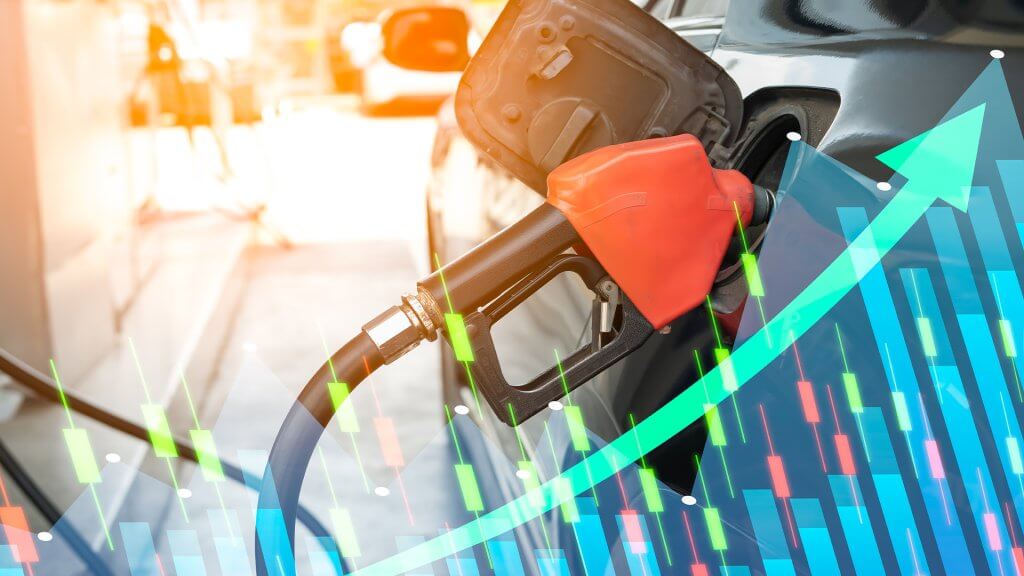
- New bureaucracy for UK exports with a growing series of EU sustainability laws
- UK businesses in danger of losing exports if not compliant with legislation
A new European Commission law on deforestation* will affect UK businesses by 29th June, triggering new risks and costs, says international procurement and supply chain management consultancy INVERTO, part of the Boston Consulting Group.
The new EU law requires operators and traders to prove that their products are not linked to deforestation that occurred after 31 December 2020 and applies to all EU companies and their supply chains – including UK businesses. Any UK business trading with EU customers must now comply with the new law, regardless of the UK leaving the EU. If they do not, they risk losing their contracts with EU customers.
The new law means that UK businesses only have until the end of this month until these significant changes start coming into effect. If they fail to comply, they risk being dropped by EU customers. EU businesses whose suppliers breach the new legislation open themselves up to the risk of penalties.
As well as wood and pulp, other products linked to forestation and agriculture are affected, including cattle, cocoa, coffee, palm oil, rubber, soya and wood. It also covers products like leather, chocolate and printed paper made using these commodities.
Sushank Agarwal, Managing Director at INVERTO UK, says: “UK businesses will need to comply with these environmental standards or be cut off from what is one of their most important markets.”
“These new rules are part of a much broader and more challenging set of ESG-related legislation coming from the EU and its member states that UK businesses must comply with if they want to continue trading with EU based businesses.”
“Identifying and rooting out environmental problems from a long supply chain is not an easy process. UK businesses shouldn’t underestimate the challenges that these changes present and the costs associated with.”
Immediate preparation is required for related businesses wishing to sell goods to the Eurozone, an important consideration with 42% of UK exports going to the EU in 2022**.
UK companies are advised by INVERTO to take action on three levels, through their procurement policies & contracts, improving their supply chain transparency and by improving due diligence of suppliers. This will require concerted efforts to communicate and receive detailed information from suppliers on sustainability, which could also extend to changing them at short notice where necessary.
Sushank Agarwal continues: “The way that companies can address this issue is by strengthening their risk management approach – in other words creating transparency in your supply chain. Analysis should establish where the raw materials for your products are produced and under what conditions.”
The new regulation is part of the EU’s wider Green Deal plan to reach net-zero emissions by 2050. The Food and Agriculture Organization of the United Nations (FAO) estimates that 420 million hectares of forest — an area larger than the European Union — were lost to deforestation between 1990 and 2020.
The implementation period for the new law is just 18 months for larger firms and 24 months for SMEs, to ensure that they and all the businesses in their supply chains are not contributing to illegal deforestation.
The new Deforestation Law adds a further layer to EU and national sustainability related legislation that UK firms wishing to trade with the bloc are bound by. Including:
- EU Carbon Border Adjustment Mechanism starts 1st October 2023 – applies to EU imports of carbon intensive goods including cement, iron and steel, aluminium, fertilisers, electricity and hydrogen. It applies a ‘fair price’ on the carbon emitted during goods production, for UK products entering the EU
- EU’s Corporate Sustainability Reporting Directive (CSRD) – Mandatory Sustainability reporting starting in 2024, UK companies which have subsidiaries operating within the EU or those listed on EU regulated markets will need to provide disclosure on social and environmental issues
- A proposal for EU Corporate Sustainability Due Diligence Directive – requiring businesses including those in the UK trading with the bloc to monitor their supply chains for the risk of adverse impacts on human rights and the environment
- A proposal by the European Chemicals Agency could ban up to 7,000 chemicals linked to environmental damage and illnesses by 2030. This affects UK products exported to the EU
The German Supply Chain Act (LkSG) is a law which requires companies based in Germany to identify, address, and report on human rights-related and environmental risks in their supply and value chains. UK companies trading with German companies there need to comply if they want to sell to German businesses.




























